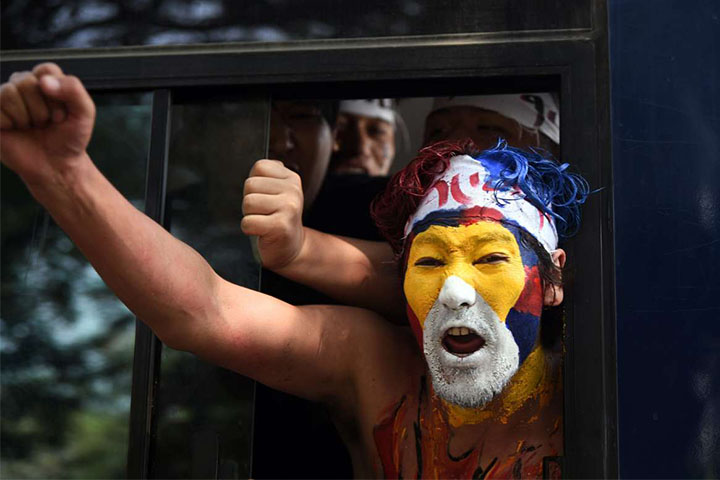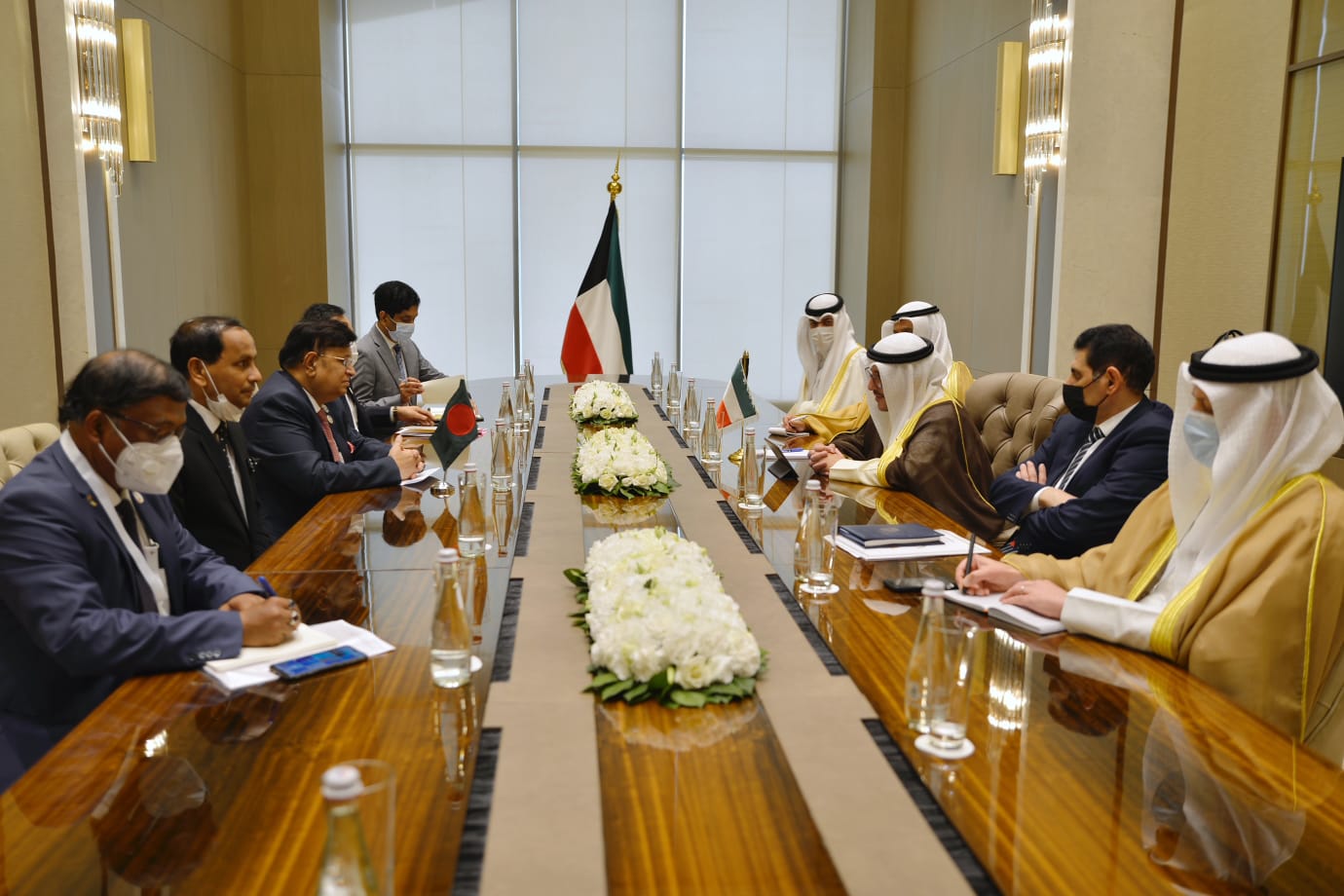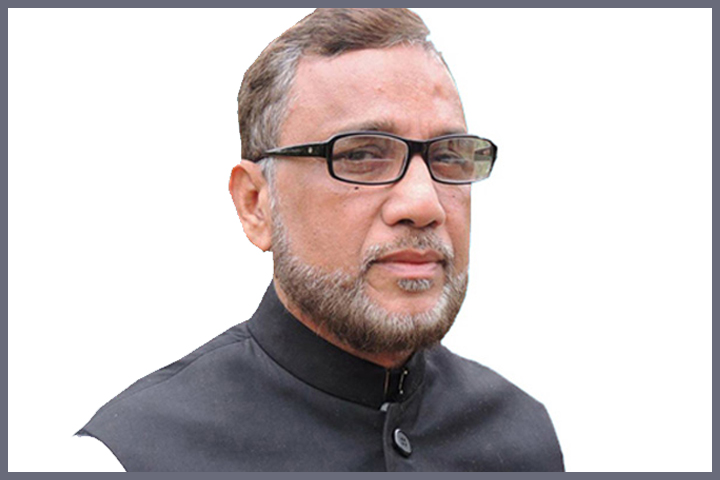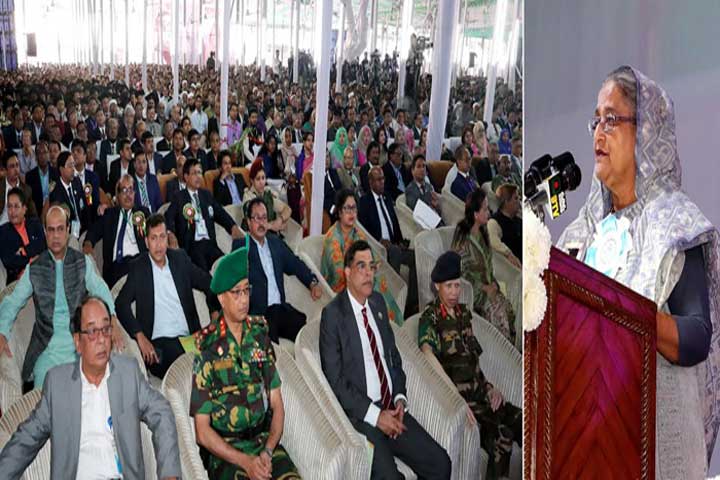PM asks engineers to adopt plans protecting environment
Prime Minister Sheikh Hasina asked the engineers to adopt development plans protecting environment alongside maintaining their standard.
“You (engineers) have been playing the biggest role in implementing our development projects. So, you’ll have to adopt development plans keeping in mind environment and ecology,” she told the inaugural function of the 59th convention of the Institution of Engineers, Bangladesh (IEB) at its headquarters in the capital Saturday afternoon. Reports BSS.
“Whenever we take the plan of a project we should bear in mind that arable land and water bodies must not be damaged in anyway,” she added.
Putting emphasis on saving the rivers, the Prime Minister said all the civilizations in the world had been built on riverside.
The inaugural function of the convention was presided over by IEB President Engineer Md Abdus Sabur, while President of IEB, Dhaka centre, Md Wali Ullah gave welcome speech and General Secretary of IEB, Dhaka centre, Engineer Md Shahadat Hossain Shiplu gave vote of thanks. IEB Secretary Engineer Khandker Manjur Morshed also spoke on the occasion.
Stressing the need for taking into consideration the protection of environment before formulating plans, she said, “Protection of water-bodies is urgently needed. These (water bodies) can help keep the environment fine and can be used in case of any mishap like the Chawlkbazar fire.”
The premier regretted that nowadays the canals and ponds of Dhaka city cannot be found as no initiative was taken at that time in this regard, adding, “We have already asked the authorities concerned to undertake plans for saving water bodies.”
She asked the engineers to formulate plans to protect water bodies ahead of construction of highways or implementing housing projects.
Highlighting the government’s initiatives to make Bangladesh a digital country she said, “We have already launched satellite on the space. In the future, we can conduct survey on space and we should take plans so that we can launch satellite by ourselves”.
“We should keep it in mind that our land is limited but the population is vast,” she said adding that plan should be taken to ensure the optimum use of limited resources.
Putting stress on conducting cutting-edge researches, she said that research is essential in every sector, saying that Bangladesh is now self-reliant in food production.
“When we assumed office in 1996, there was no fund for research and hence we started allocating money for this purpose,” she said asking all including engineers to give more attention to identify the sectors where research is necessary.
“The wheels of developments had been stopped after the assassination of the Father of the Nation on August 15 in 1975. The gruesome killing had initiated the politics of killing, coup and conspiracy,” the premier said.
“Bangladesh is now becoming a ‘role model of development in the world due to huge development work carried out by the government,” she said.
Highlighting huge development works by her government in the last 10 years, she reiterated her government’s firm determination to make Bangladesh a developing country by 2021 and a developed one by 2041.
The premier also asked all concerned to take initiatives for speedy industrialization keeping the arable land protected, and said “We are now implementing 100 special economic zones to attract foreign and local investment to accelerate the pace of industrialization.”
She said “We are making progress in the construction works of the Padma Brige with our own funding and have started constructing metro rail project which will contribute to ease traffic jam in Dhaka city. We will also start construction of the second Padma Bridge.”
She said, “We have limitation of resources. Huge research works are necessary to develop machineries meant for construction at lesser cost.
You people (engineers) should come forward to innovate alternate ideas to construct houses at lower cost, and technology as well”.
The premier also stressed need for construction of rail and waterways alongside constructing roads to lessen the woes of the people.
Sheikh Hasina said, “The registration of land for Engineers Institution Headquarters was given at symbolic price in 1996. A total of Taka 28 crore had been donated for its construction.”
“We have provided 72 bighas of land at symbolic price in 1997 for Engineering Staff College and donated Taka 46 crore for its implementation” she continued.
“We have allocated land from KDA (Khulna Development Authority) for IEB Khulna Centre. Land was also allocated for its centers at Rangadia, Mymensingh, Faridpur, Dinajpur and Chattogram, and Feni and Cox’s Bazar sub-centers,” she said.
Regarding some demands of the IEB, the premier said, “I have listened to all your demands. Grade-1 has already been given to chiefs of IEB’s seven engineering organizations—.”
“You (engineers) had played vital roles to reconstitute the war-ravaged Bangladesh in response to the call of the Father of the Nation after independence. Bangabandhu had been able to give the country a strong footing in only three and a half years,” she said.
The theme of the convention is “Engineering Excellence: Earth to Space,” and its subject is “Engineers for Leadership in Sustainable Infrastructure Development in Bangladesh.”
Prime Minister Sheikh Hasina handed over certificates to two gold medal winners- Engineer Deepak Kanti Das and Engineer Kabir Ahmed Bhuiyan. Matiul Islam, son of gold medal winner late Engineer Md Khijir Khan, received the certificate on behalf of his father.
IEB’s Dhaka centre received the award of the best centre while, Pabna sub-centre as the best sub-centre. IEB, Australia got the award of the best overseas centre and IEB’s Computer Engineering Department got the best departmental award.
AH
02 Mar 2019,22:39
















 Live Tv
Live Tv









